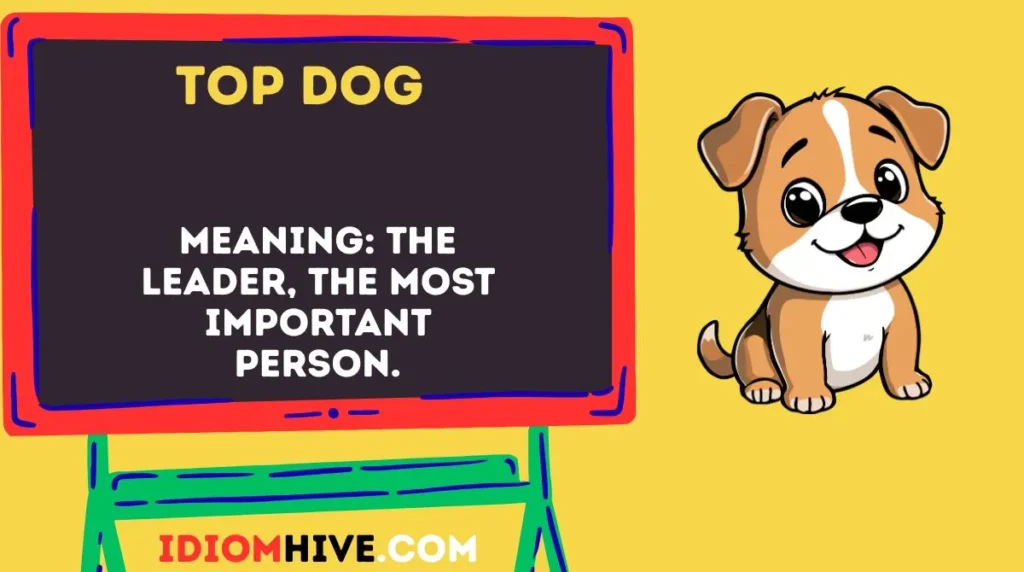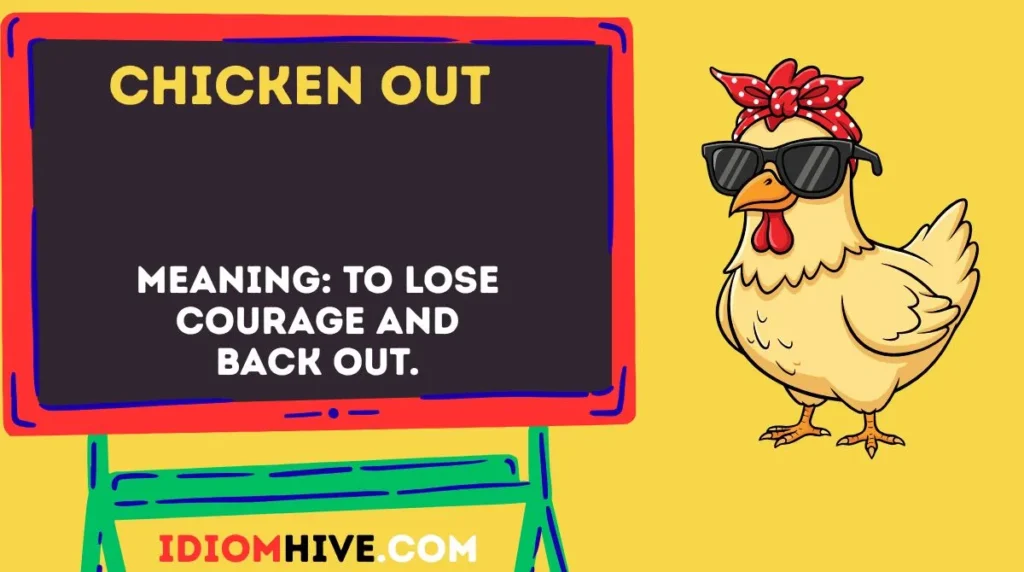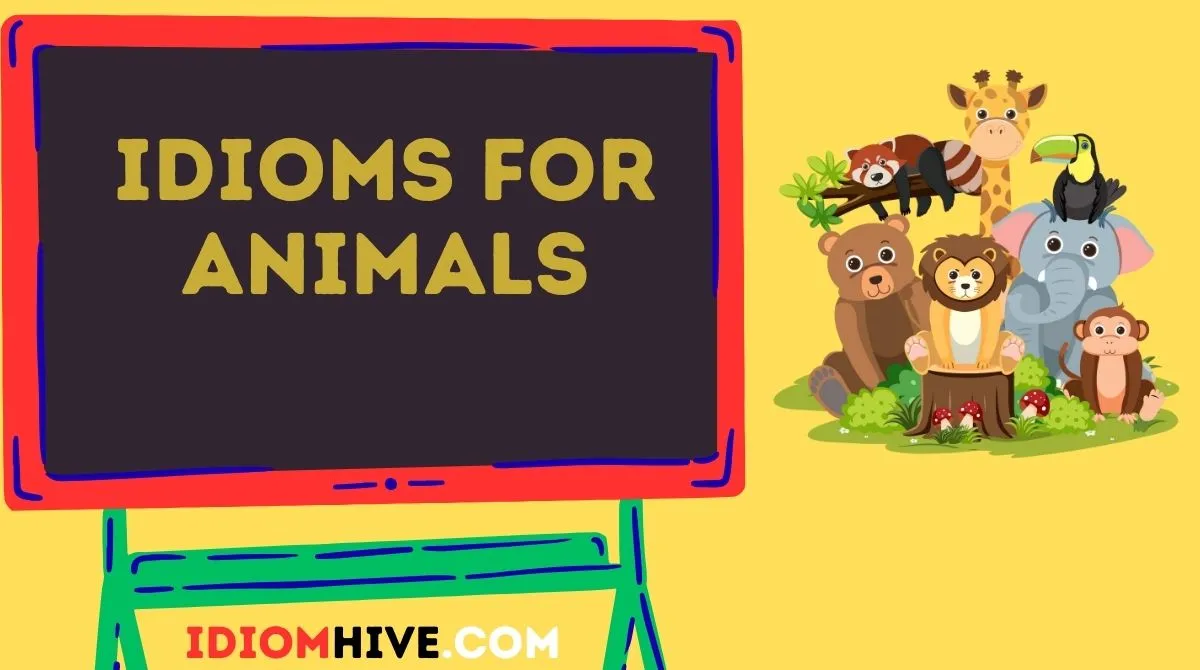Language is not only about words—it is about expression. Idioms are a fascinating part of English because they use figurative meanings to express ideas in creative ways.
Instead of saying something directly, idioms add color, humor, or emphasis to communication. One of the most interesting groups of idioms are those that involve animals.
Why animals? For centuries, humans have observed animal behavior closely. Animals are part of daily life, folklore, farming, hunting, and even personality comparisons.
That’s why English is full of animal idioms that describe human habits, moods, strengths, and weaknesses.
Whether you want to describe someone as brave as a lion, stubborn as a mule, or sly as a fox, animal idioms make your speech more vivid and memorable.
In this article, you will explore more than 44 animal idioms, neatly organized into groups, with meanings, examples, and tips for use.
Did You Know?
The English language has over 4,000 idioms, and a surprising number of them are based on animals. From farm animals like cows and pigs to wild ones like tigers and wolves, idioms reflect how people connected animal behavior to human life. For example, “the elephant in the room” does not mean a real elephant—it means an obvious problem people are avoiding.
Idioms about Domestic Animals
The Cat’s Out of the Bag
Meaning: A secret has been revealed.
Example: “I wanted to keep the surprise party secret, but now the cat’s out of the bag.”
Similar idiom: Spill the beans.
Note: Used in daily informal talk when secrets are exposed.
Let the Cat Out of the Bag
Meaning: To reveal a secret by mistake.
Example: “He let the cat out of the bag about their engagement.”
Similar idiom: Give the game away.
Note: Common in conversations about surprises.
Curiosity Killed the Cat
Meaning: Being too curious can cause trouble.
Example: “Stop asking too many questions—curiosity killed the cat.”
Similar idiom: Mind your own business.
Note: Informal, often said as a warning.
Like Herding Cats
Meaning: Very hard to control a group of people.
Example: “Teaching 5-year-olds is like herding cats.”
Similar idiom: Like pulling teeth.
Note: Used in humorous, informal settings.
Let Sleeping Dogs Lie
Meaning: Don’t disturb a situation that is peaceful.
Example: “Don’t bring up the old argument—let sleeping dogs lie.”
Similar idiom: Don’t stir the pot.
Note: Common advice in both personal and workplace conversations.
Dog-Eat-Dog World
Meaning: A very competitive and ruthless situation.
Example: “Business today is a dog-eat-dog world.”
Similar idiom: Survival of the fittest.
Note: Frequently used in professional and corporate contexts.
Work Like a Dog
Meaning: Work very hard.
Example: “He worked like a dog to finish the project.”
Similar idiom: Burn the midnight oil.
Note: Informal but widely understood.
Top Dog

Meaning: The leader, the most important person.
Example: “After years of hard work, he’s now the top dog at the company.”
Similar idiom: Big cheese.
Note: Common in business and leadership talk.
Every Dog Has Its Day
Meaning: Everyone gets a chance to succeed at some point.
Example: “Don’t worry, you’ll get noticed. Every dog has its day.”
Similar idiom: Your time will come.
Note: Encouraging phrase, friendly in tone.
Barking Up the Wrong Tree
Meaning: Looking in the wrong place for an answer.
Example: “If you think I took your pen, you’re barking up the wrong tree.”
Similar idiom: Wrong end of the stick.
Note: Informal, often corrective.
Idioms about Farm Animals
A Cash Cow
Meaning: A business or product that brings in steady profit.
Example: “The company’s software is a real cash cow.”
Similar idiom: Money-maker.
Note: Used in business contexts.
A Sacred Cow
Meaning: Something untouchable or too respected to criticize.
Example: “In this company, customer service is a sacred cow.”
Similar idiom: Off-limits.
Note: Often formal or professional.
Till the Cows Come Home
Meaning: For a very long time.
Example: “You can argue till the cows come home, but I won’t change my mind.”
Similar idiom: Forever and a day.
Note: Informal and casual.
The Black Sheep of the Family
Meaning: The odd or different member of a family.
Example: “He’s the black sheep of the family because he chose a different path.”
Similar idiom: Outcast.
Note: Common in family and social talk.
Don’t Count Your Chickens Before They Hatch
Meaning: Don’t assume success too early.
Example: “You shouldn’t count your chickens before they hatch.”
Similar idiom: Don’t jump the gun.
Note: Used as a piece of advice.
Chicken Out

Meaning: To lose courage and back out.
Example: “He was going to try bungee jumping but chickened out.”
Similar idiom: Back off.
Note: Informal, often humorous.
Running Around Like a Headless Chicken
Meaning: Acting confused or panicked without focus.
Example: “She was running around like a headless chicken before the event.”
Similar idiom: In a flap.
Note: Informal, casual speech.
Hog the Spotlight
Meaning: Take too much attention.
Example: “He always hogs the spotlight during meetings.”
Similar idiom: Steal the show.
Note: Informal, slightly negative.
Pig Out
Meaning: Eat too much.
Example: “We pigged out on pizza last night.”
Similar idiom: Stuff yourself.
Note: Very informal, casual.
Idioms about Wild Animals
The Lion’s Share
Meaning: The biggest portion.
Example: “He took the lion’s share of the credit.”
Similar idiom: The bulk.
Note: Common in both formal and informal speech.
As Brave as a Lion
Meaning: Very courageous.
Example: “She was as brave as a lion facing the challenge.”
Similar idiom: Fearless.
Note: Daily usage, inspirational tone.
Crocodile Tears
Meaning: Fake or insincere tears.
Example: “She cried crocodile tears after being caught.”
Similar idiom: Fake sympathy.
Note: Used to call out dishonesty.
A Wolf in Sheep’s Clothing
Meaning: Someone dangerous pretending to be harmless.
Example: “Be careful—he’s a wolf in sheep’s clothing.”
Similar idiom: Two-faced.
Note: Serious tone, often a warning.
Cry Wolf

Meaning: To raise a false alarm.
Example: “Don’t cry wolf if there’s no real problem.”
Similar idiom: False alarm.
Note: Common in warnings.
Wild Goose Chase
Meaning: A hopeless or pointless search.
Example: “Looking for that file was a wild goose chase.”
Similar idiom: Chasing shadows.
Note: Informal, often humorous.
Monkey Business
Meaning: Dishonest or silly behavior.
Example: “Stop the monkey business and get back to work.”
Similar idiom: Fooling around.
Note: Casual and playful.
Get Someone’s Goat
Meaning: To annoy someone.
Example: “His constant humming really gets my goat.”
Similar idiom: Rub the wrong way.
Note: Informal and personal.
Horse Around
Meaning: Play roughly or fool around.
Example: “Stop horsing around in the classroom.”
Similar idiom: Mess about.
Note: Common with children and informal talk.
Straight from the Horse’s Mouth
Meaning: Information from the original source.
Example: “I got the news straight from the horse’s mouth.”
Similar idiom: First-hand.
Note: Used in both work and casual contexts.
Idioms about Birds and Insects
A Little Bird Told Me
Meaning: Someone told me a secret (source not revealed).
Example: “A little bird told me it’s your birthday.”
Similar idiom: Word on the street.
Note: Playful and informal.
Kill Two Birds with One Stone
Meaning: Achieve two things at once.
Example: “By shopping online, I killed two birds with one stone—saved time and money.”
Similar idiom: Double benefit.
Note: Very common in daily use.
Birds of a Feather Flock Together
Meaning: People with similar interests stay together.
Example: “Those two are always together—birds of a feather flock together.”
Similar idiom: Like attracts like.
Note: Informal, social talk.
The Early Bird Catches the Worm
Meaning: The one who starts early has the advantage.
Example: “Wake up early—the early bird catches the worm.”
Similar idiom: First come, first served.
Note: Encouraging, motivational.
As Busy as a Bee
Meaning: Very hardworking.
Example: “She’s been as busy as a bee preparing for the wedding.”
Similar idiom: Hard at work.
Note: Used in friendly contexts.
Make a Beeline For
Meaning: Go directly toward something.
Example: “The kids made a beeline for the ice cream truck.”
Similar idiom: Head straight.
Note: Informal and everyday speech.
How to Use These Idioms in Daily Life
- Speaking: Animal idioms make conversations colorful. Instead of saying “He’s working hard,” say “He’s working like a dog.”
- Writing: Add idioms in blogs, essays, or stories to make your writing lively. For example, “The meeting was like herding cats” sounds more engaging than “The meeting was chaotic.”
- Professional Use: Idioms like “cash cow,” “top dog,” or “lion’s share” are perfect for presentations and reports because they simplify complex ideas.
Common Mistakes Learners Make with Idioms
- Literal vs. Figurative Meaning
❌ Wrong: “She killed two birds with one stone” (thinking of real birds).
✅ Correct: It means achieving two goals at once. - Using in the Wrong Context
❌ Wrong: “The early bird catches the worm” in a night party invitation.
✅ Correct: Use it in situations about time management or starting early. - Overusing Idioms
❌ Wrong: Filling every sentence with idioms.
✅ Correct: Use them naturally to enrich, not overwhelm, your speech.
FAQs
1. Why do we use animal idioms in English?
Animal idioms make language more expressive and creative. They allow us to describe people or situations using animal traits.
2. Are idioms formal or informal?
Most idioms are informal, but some (like “lion’s share” or “cash cow”) are often used in professional settings.
3. Can idioms be used in academic writing?
Generally no. Academic writing prefers clear, direct language, but idioms can appear in creative essays or blogs.
4. What is the easiest way to learn idioms?
Learn them in groups (like animal idioms) and practice by using them in conversations. Context makes them easier to remember.
5. Do idioms exist in other languages?
Yes, almost every language has idioms, often using animals, food, or culture-specific references.
Conclusion
Animal idioms bring English to life by connecting human behavior with the animal world. They make communication more colorful, creative, and memorable.
From cats and dogs to lions, pigs, and bees, each idiom adds a unique flavor to the way we describe life. The key is to use them naturally—in conversations, storytelling, and sometimes even in professional settings.
Explore them, practice them, and soon you’ll be using idioms as smoothly as a native speaker. Remember, language is more fun when it’s full of imagination.










